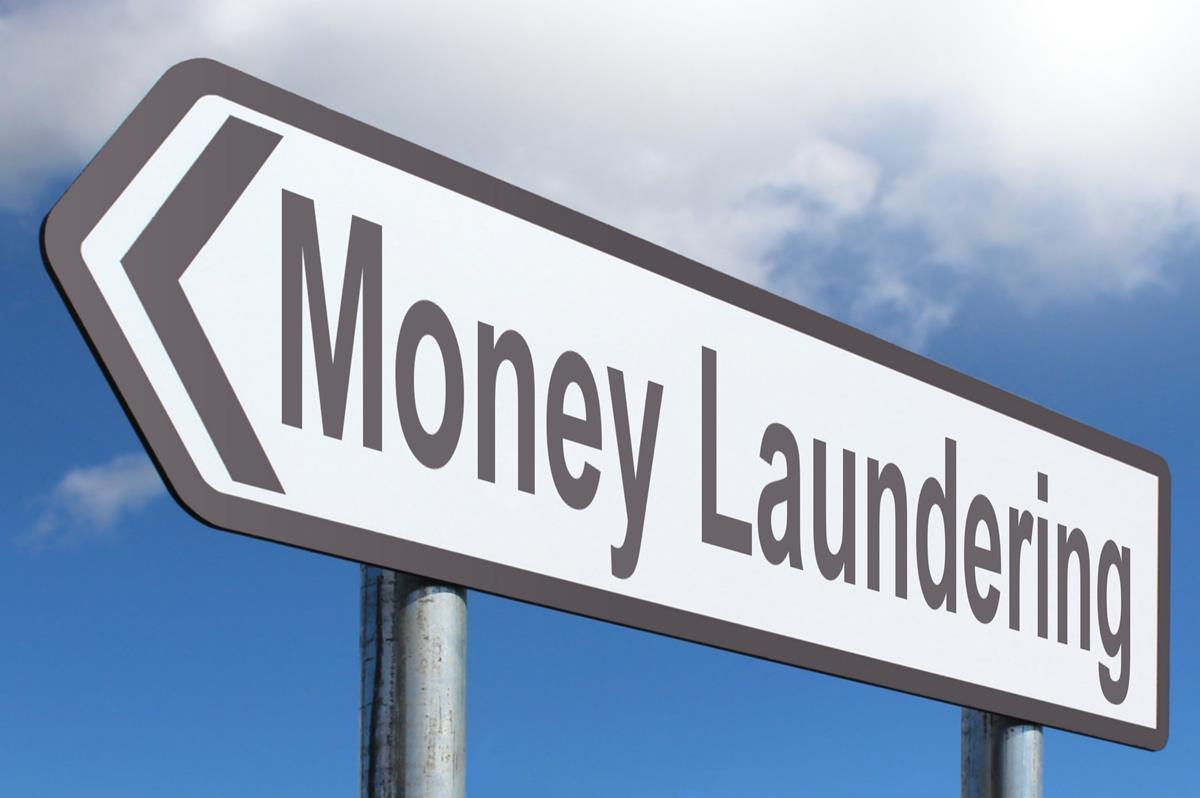In India, there is a huge issue with corruption. It’s one of the most pressing issues of our day. One another obstacle in the way of a healthy democracy like ours working properly. Transparency International’s Corruption Perceptions Index, 2022 places India 85th out of 180 countries. Corruption refers to the destruction, degradation, or ruination of society or the nation. Greed and self-centeredness are the primary causes. Dishonesty and dishonesty are also common traits among corrupt individuals.
Corruption is now widely acknowledged to be an international problem. Affluent nations and impoverished countries alike have it, as do nonprofits and philanthropic organisations. More than ever before, political discourse is rife with accusations of corruption. The media’s use of bribery to smear political opponents and the use of bribery as a highly marketable product has grown more frequent. Corruption is a major impediment to economic growth and modernisation, as well.

Management and organisation failures have resulted in departmental failures. As a result, departments and levels of the organisation are unable to coordinate and regulate each other. Corruption is inevitable because of the lack of control and supervision in this government. That’s not all; poor management is also caused by appointing incompetent managers and executives at all levels of the organisation. Corruption is the sole factor that may lead to appointing the wrong people. As a result, corruption is a self-reinforcing cycle.
Corruption in India is exacerbated by the country’s economic woes and rising prices. This results in joblessness and a shift in people’s lifestyles. People, particularly the impoverished, are left with a heightened sense of insecurity as a result. Most individuals are unable to deal with this dire condition, therefore they resort to criminal and immoral means of earning a livelihood and maintaining a reasonable level of life. As a result of their prior failures, they are reluctant to put in the effort necessary to achieve their objectives, preferring instead to choose a variety of unconventional routes.

When it comes to instilling good values in children, nothing beats the work done at home and at school. Individuals’ personalities are profoundly shaped by their upbringing and their experiences in formal schooling. Children may be corrupted by their parents’ lack of moral standards if they aren’t taught them in their formative years. Children are inclined to follow in the footsteps of their unscrupulous parents.
Some organisations in India are dedicated to preventing corruption on a daily basis. Several anti-corruption legislation are also in place. In certain cases, officers of these institutions are inclined to accept illicit commissions and let corrupt individuals unpunished. Honest authorities are needed, and more such institutions must be formed.. Corruption is at its highest during elections, whether they be for the Lok Sabha or the Vidhan Sabha. In order to cover the expensive expense of elections and eventually secure their personal favour, prominent businessmen support politicians. There are two ways to influence politics: by bribing politicians and by bribing the public. The poor and the ignorant are bribed by politicians in order to win elections.
Employees in the private sector have the last say in determining their wage and perks. He is free to act as he sees fit, with no interference from the government. Employers can thus afford to pay less for greater labour, exemplifying capitalism in action. In spite of their efforts, employers profit the most and exploit the working class or their workers, even if they are working hard. As a result of their frustration, employees resort to illicit measures in order to improve their financial situation and ensure their future.
If you’re looking for a location where corruption is rampant and the incentives are huge, look no further than India. An individual’s integrity and morality are more important than their legal status. Making a profit by dishonest means is against the law. It causes social injustice, deepens the gap between the affluent and the poor, slows down the government, and makes the nation seem bad to the rest of the world. People in India must understand that what begins as avarice and self-interest eventually transforms into corruption. There is no other option except for the people to alter their mindsets, and only they can achieve that. It’s not possible for them to learn this from a drug or a book. To rid their minds of the seeds of selfishness and greed, they must be educated.

